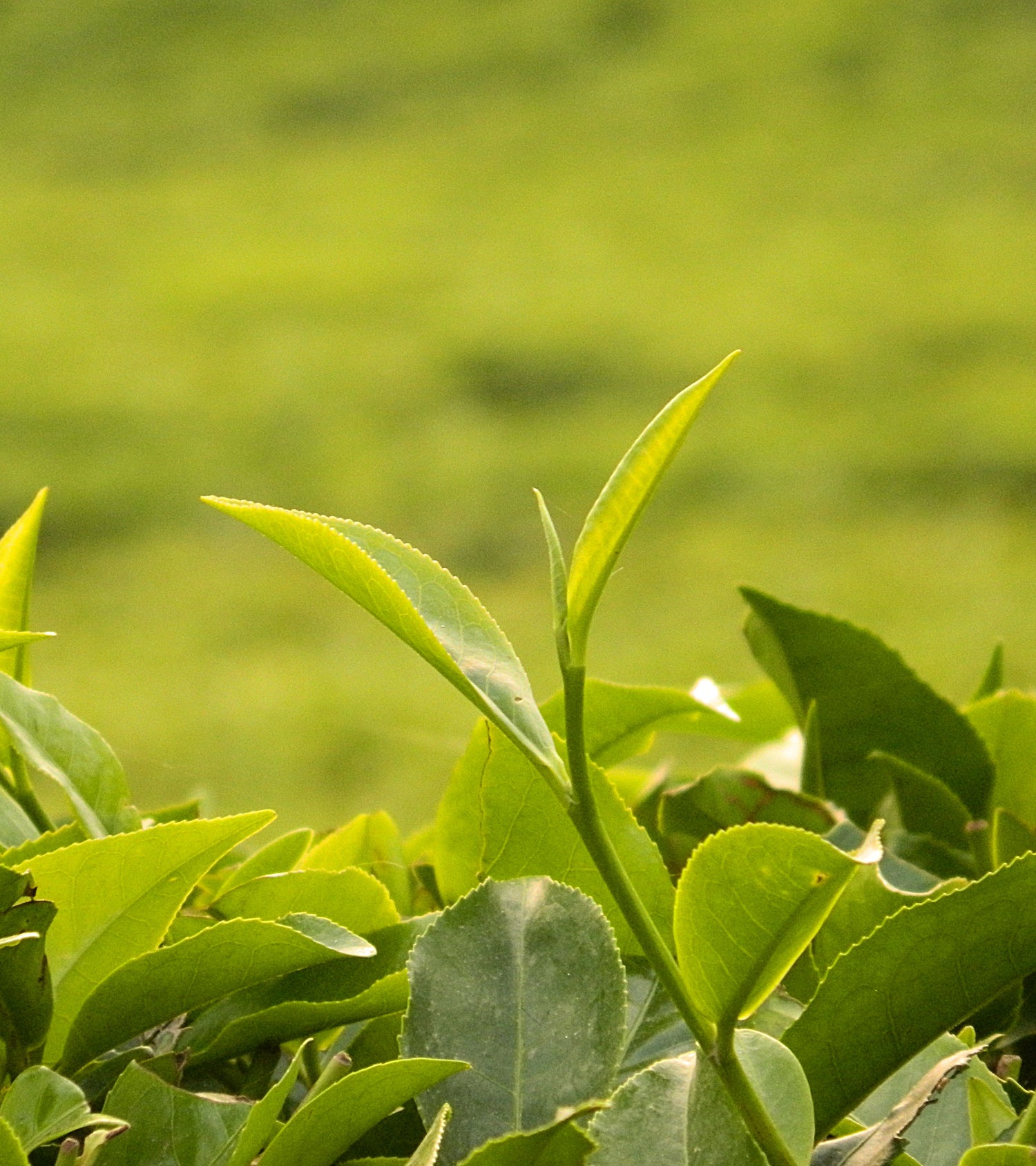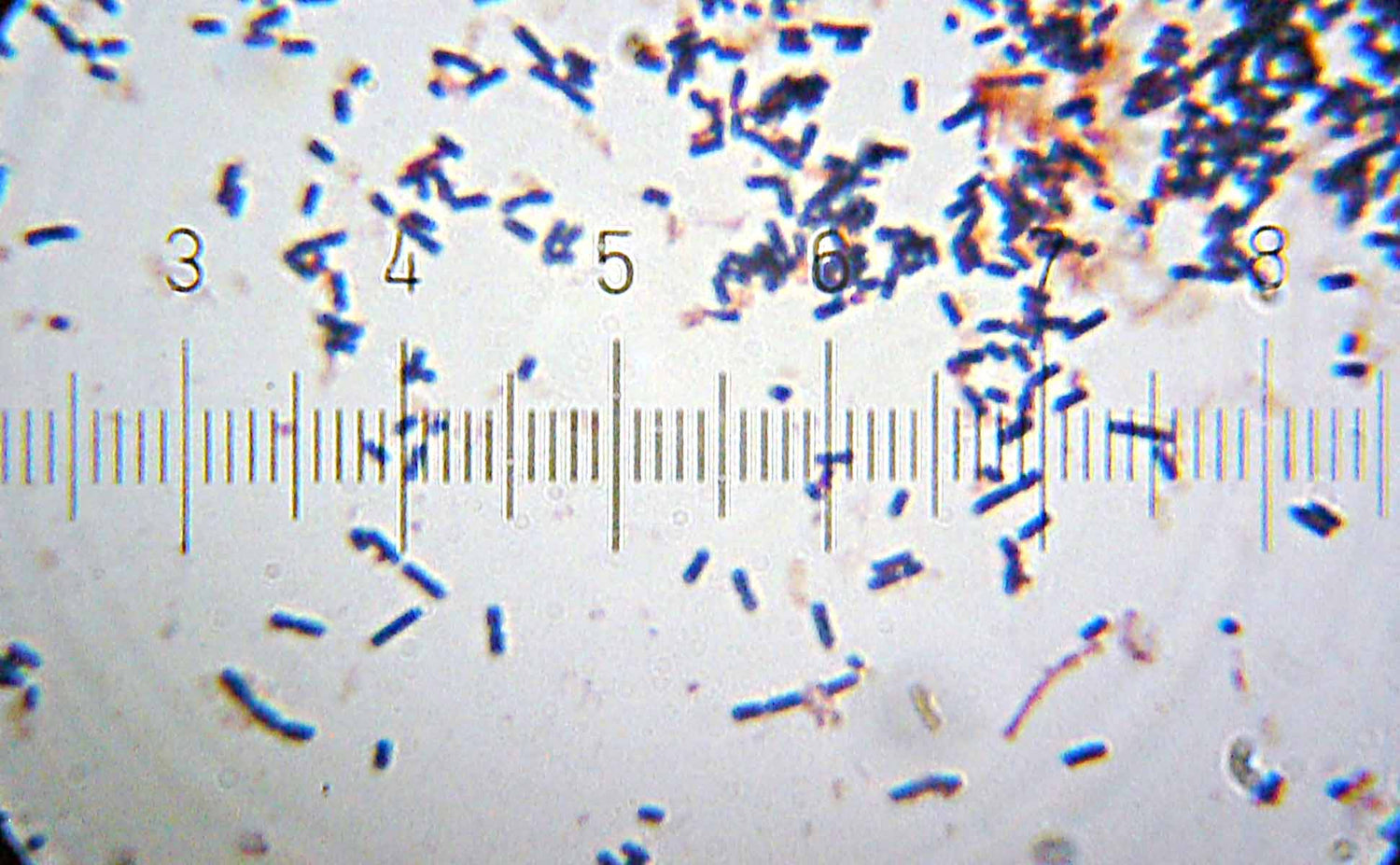The Science

Curcumin: A Review of Its Effects on Human Health (2017)
Turmeric
Turmeric, rich in the polyphenol curcumin, offers numerous health benefits, including managing inflammation and metabolic conditions, but its effectiveness is limited by poor bioavailability. Combining curcumin with agents like piperine (black pepper extract) can significantly enhance absorption, making it more effective.

Ashwagandha (Withania somnifera) - Current Research on the Health-Promoting Activities: A Narrative Review (2023)
Ashwagandha
Recent research on Ashwagandha (Withania somnifera) highlights its potential health benefits, including neuroprotective, sedative, adaptogenic, anti-inflammatory, and cardioprotective effects. This review summarizes the latest findings, exploring its diverse uses and addressing safety concerns.

The Acute and Chronic Effects of Lion’s Mane Mushroom Supplementation on Cognitive Function, Stress and Mood in Young Adults: A Double-Blind, Parallel Groups, Pilot Study (2023)
Lion's Mane Mushroom
This pilot study indicates that Hericium erinaceus (Lion's mane) may enhance cognitive performance and reduce subjective stress in healthy young adults, with faster Stroop task performance observed 60 minutes after a single dose and a trend toward reduced stress after 28 days. Despite the promising results, the small sample size suggests that further research is needed to confirm these effects.

Effects of L-Theanine Administration on Stress-Related Symptoms and Cognitive Functions in Healthy Adults: A Randomized Controlled Trial (2019)
L-theanine
This trial found that four weeks of L-theanine administration significantly reduced stress-related symptoms and improved cognitive functions in healthy adults, with notable decreases in depression, anxiety, and sleep issues, and enhancements in verbal fluency and executive function. The findings suggest that L-theanine may promote mental health and cognitive performance in the general population.

Examining the Influence of the Human Gut Microbiota on Cognition and Stress: A Systematic Review of the Literature (2022)
Probiotics
This systematic review explores the relationship between gut microbiota and cognitive function, brain activity, and emotional well-being in healthy young individuals, finding evidence of correlations between microbiota diversity and brain regions associated with cognition. Intervention studies generally showed improvements in brain activity, cognition, and emotional well-being, suggesting that gut microbiota modulation could be a promising strategy for enhancing mental health and cognitive performance in both stressful and non-stressful contexts.

The Effectiveness of Rhodiola rosea L. Preparations in Alleviating Various Aspects of Life-Stress Symptoms and Stress-Induced Conditions—Encouraging Clinical Evidence (2022)
Rhodiola Rosea
Rhodiola rosea L. has been traditionally used to address stress, fatigue, and various health issues, and recent studies confirm its clinical efficacy in improving cognitive function, mental performance, and physical performance. The review highlights that R. rosea also shows promise in enhancing cardiovascular and reproductive health, providing a strong basis for its use in managing stress-induced conditions.

Dark tea: A popular beverage with possible medicinal application (2023)
Dark Tea
Dark tea, produced through microbial fermentation of Camellia sinensis leaves, offers unique flavors and potential health benefits, making it a promising candidate for both medicinal and nutritional purposes. Recent reports highlight its biofunctions, and the viewpoint discusses its chemical constituents, biological activities, and future development challenges.